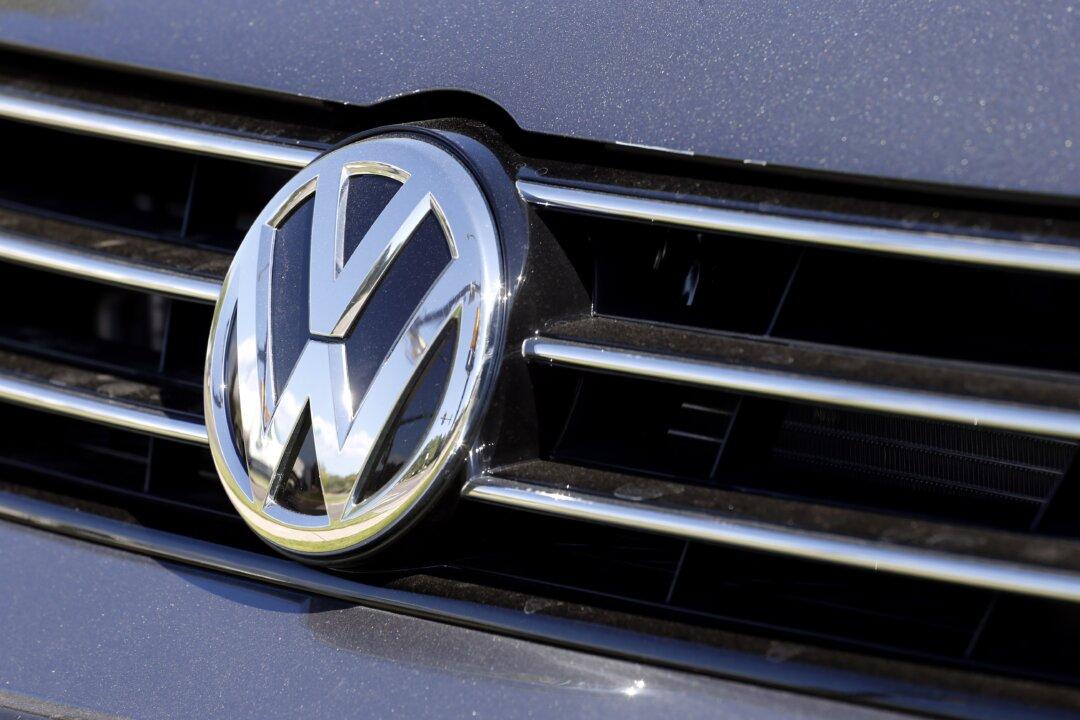After it had already paid out hefty fines for rigging its cars to cheat on federal emissions tests, Volkswagen said in court papers that it will appeal to the U.S. Supreme Court last month’s Ohio Supreme Court ruling that allows the state to sue for hundreds of billions of dollars more over the same claim.
The news comes after European regulators fined German automakers Volkswagen and BMW a total of 875 million euros ($1 billion) for colluding to prevent the use of emissions-reducing technology they pioneered. Volkswagen will pay 502 million euros; BMW, 373 million euros.





